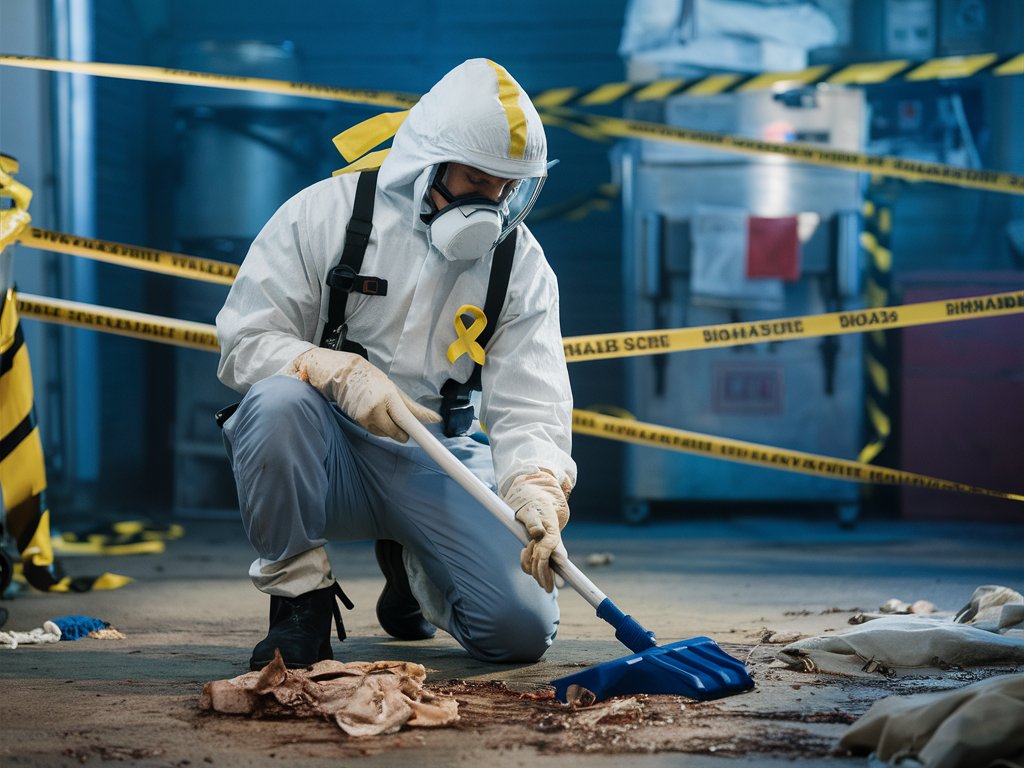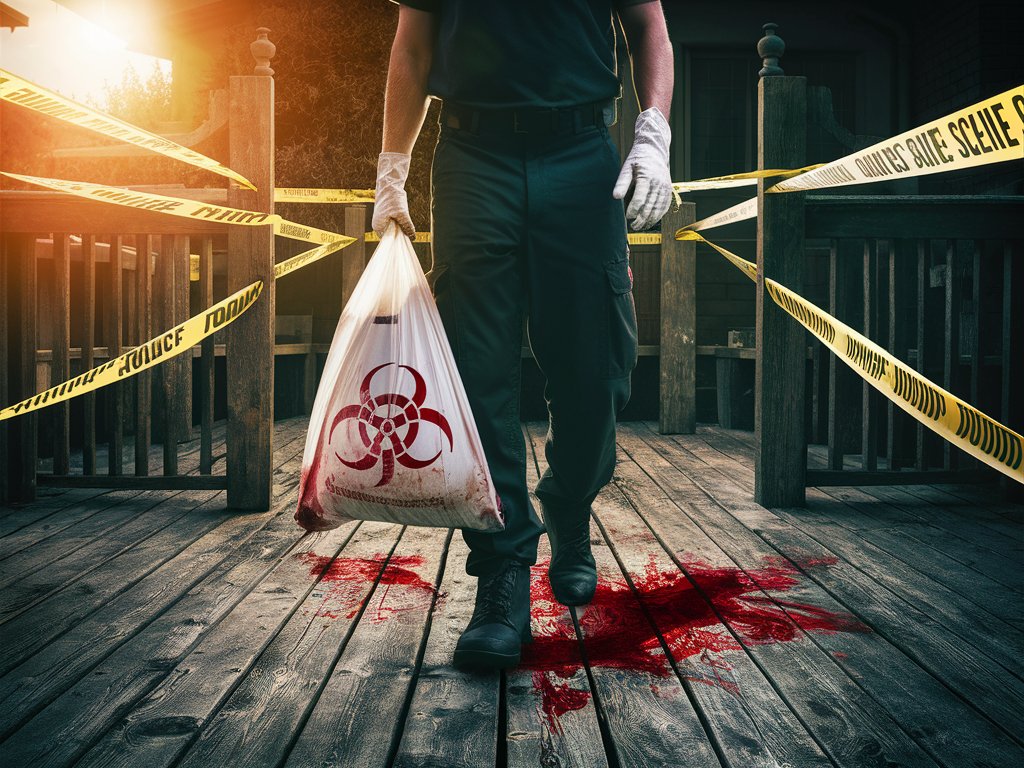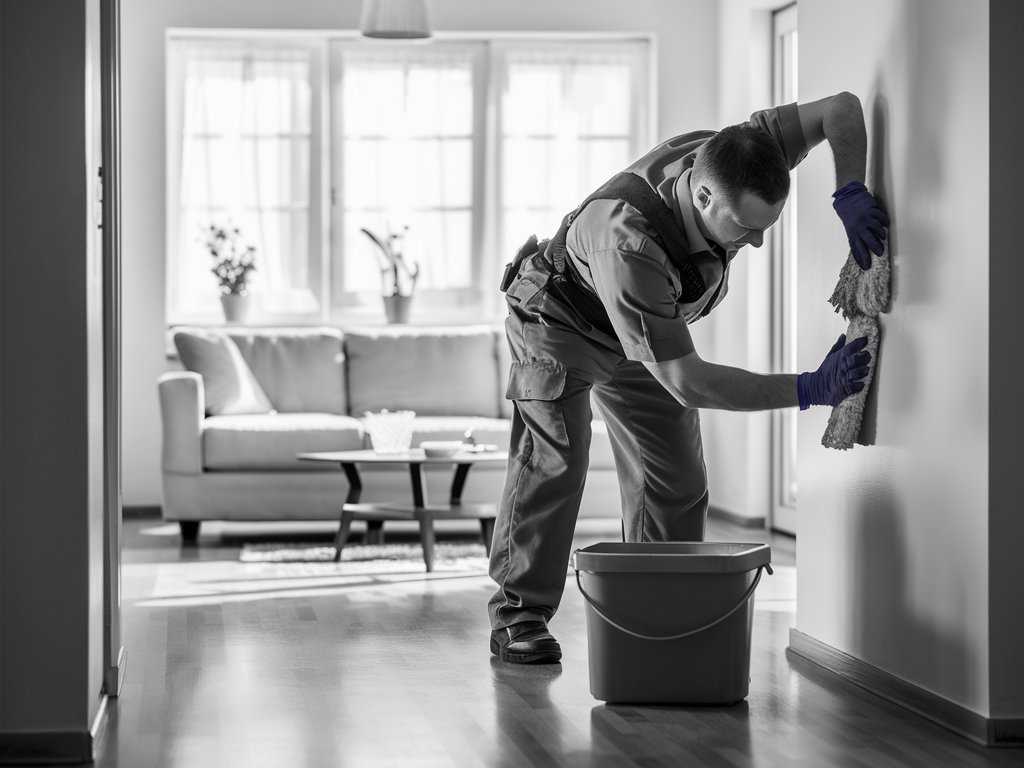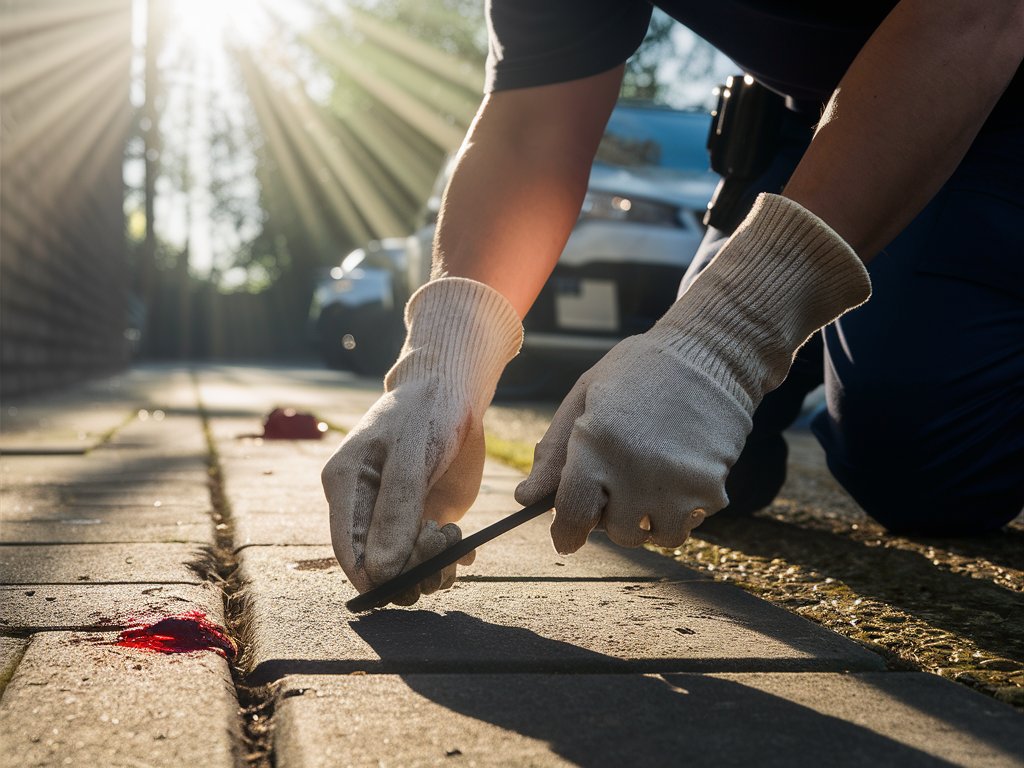Understanding Biohazard Waste and Its Risks
Biohazard waste includes any material that poses a risk to human health or the environment. This includes clinical waste like used gloves and syringes, as well as waste from laboratories and animal research facilities.
One time, I handled biohazard waste from a lab testing infectious diseases. Proper disposal wasn’t just a requirement—it was a necessity to prevent contamination.
Without strict handling protocols, biohazard waste can cause widespread harm. It may spread infectious diseases or contaminate the environment if not disposed of responsibly.
Legal Framework for Biohazard Waste Disposal in the UK
In the UK, biohazard waste disposal operates under strict legal frameworks. Organisations must comply with laws to avoid penalties and protect public health.
The Environment Agency oversees waste management compliance, while the Health and Safety Executive (HSE) ensures workplace safety. Together, these bodies establish rules for proper segregation, transportation, and disposal of hazardous materials.
For example, biohazard waste producers must follow the Hazardous Waste Regulations 2005. These laws classify waste types and define steps for safe handling.
Key Steps in Biohazard Waste Disposal
Disposing of biohazard waste involves multiple stages, each designed to minimise risks.
1. Waste Segregation and Identification:
Biohazard waste must be separated based on its type and risk level. Items like sharps, infectious waste, and chemical waste require unique disposal methods.
2. Collection and Transportation Protocols:
Professional disposal teams collect waste in labelled, secure containers. Transport vehicles comply with UK safety standards to prevent leaks or spills.
3. Treatment and Final Disposal Methods:
Treatment includes incineration or autoclaving to neutralise harmful pathogens. The waste is then disposed of in approved facilities.
Types of Biohazard Waste and Their Handling
Biohazard waste comes in various forms, each requiring specific handling methods.
Clinical Waste:
This includes used gloves, bandages, and dressings. Such waste must be incinerated to prevent contamination.
Sharps Waste:
Needles and scalpels fall into this category. They are disposed of in puncture-resistant containers to ensure safety.
Lab and Infectious Waste:
Laboratories generate waste that may carry infectious agents. Autoclaving ensures such waste is decontaminated before disposal.
Chemical Waste:
Certain biohazard materials contain hazardous chemicals. These require treatment to neutralise toxic components before final disposal.
I once dealt with a mix of clinical and chemical waste from a veterinary clinic. Each type required precise handling to meet safety standards.
Challenges and Best Practices in the UK
Despite regulations, managing biohazard waste comes with challenges. Organisations often struggle with improper segregation or insufficient training for staff.
To tackle these issues, the UK promotes waste segregation protocols. Employees must be trained to use colour-coded bins and follow disposal guidelines.
Another best practice involves hiring licensed disposal companies. These professionals ensure waste is handled in line with legal and environmental standards.
First-Hand Experiences from the Industry
My work in biohazard waste disposal has exposed me to unique challenges and rewarding experiences.
I once worked with a hospital struggling with waste segregation. By providing staff training and improving bin labelling, we drastically reduced errors. Seeing the results of my work reaffirmed the importance of proper biohazard waste management.
Another memorable experience involved a research lab disposing of infectious waste. Coordinating the disposal process required precision and attention to detail, but the effort was worth it for the safety it ensured.
Why Professional Services Are Essential
Biohazard waste disposal is not a task for amateurs. Attempting DIY methods can lead to health risks, fines, and environmental harm.
Professional disposal services bring expertise, tools, and a deep understanding of legal requirements. They also provide peace of mind, knowing your waste is handled responsibly.
When I first started in this field, I quickly learned how critical it is to follow strict protocols. Even minor mistakes can have significant consequences, emphasising the value of professional expertise.
Biohazard waste disposal in the UK is a vital process that ensures public and environmental safety. By understanding the regulations and relying on professional services, organisations can manage their waste responsibly. My own experiences in the field have shown me the impact of following best practices and the importance of prioritising safety at every step.





